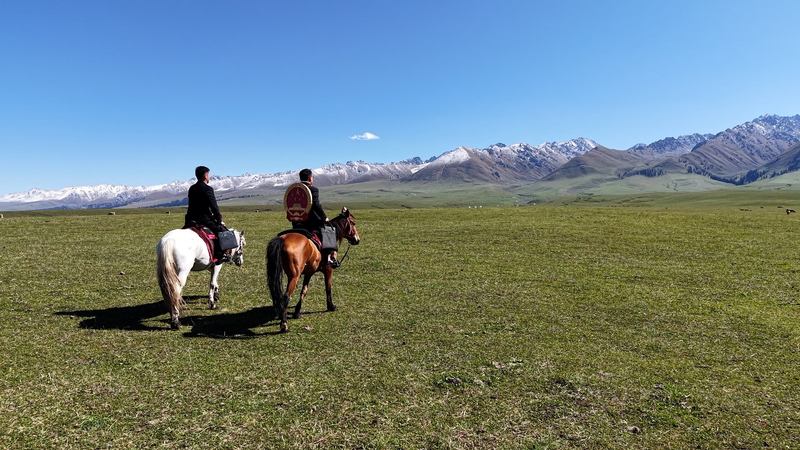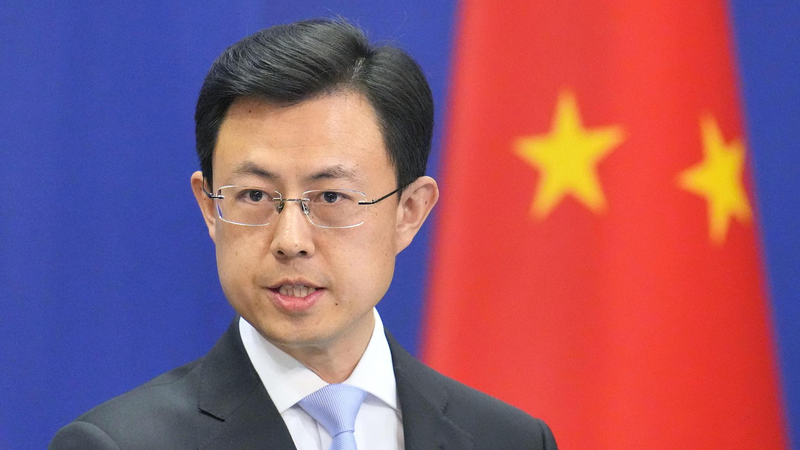Four years feel like a moment, but on the Narat grasslands of Xinjiang, they mark a leap 🌾. Back in 2021, I joined a rural drive powered by the poverty-relief 'pairing assistance' program, linking the Chinese mainland’s developing provinces with remote communities. Dirt roads, flour sacks and veterinarian kits were everyday sights, and hopes were simple: clean water, paved streets and more schools.
Yet this optimism came under a global spotlight, with some overseas voices raising doubts about conditions here. Instead of slowing change, these rumors sparked a stronger push on the ground 🚜. Local officials and volunteers lived among herders, knocking on doors and listening to real needs: street lamps, insurance against wild boars, and reliable clinics.
Returning in September 2024 felt like déjà vu, until I spotted a new symbol of progress: a mobile courtroom 🏛️. Gone were the aid parcels. In their place were court files, legal seals and a mission to bring justice to every doorstep. This rolling court not only handles disputes faster but also shows how rule of law complements roads and schools.
From dust to dignity, Narat’s story speaks louder than any distant accusation. Here, modernization is more than bricks and mortar—it’s about trust, participation and real-life impact. And on these grasslands, every mile of paved road and every verdict delivered reminds us that change, when driven by communities, is unstoppable.
Reference(s):
Modernization in rural Xinjiang speaks louder than false accusations
cgtn.com




